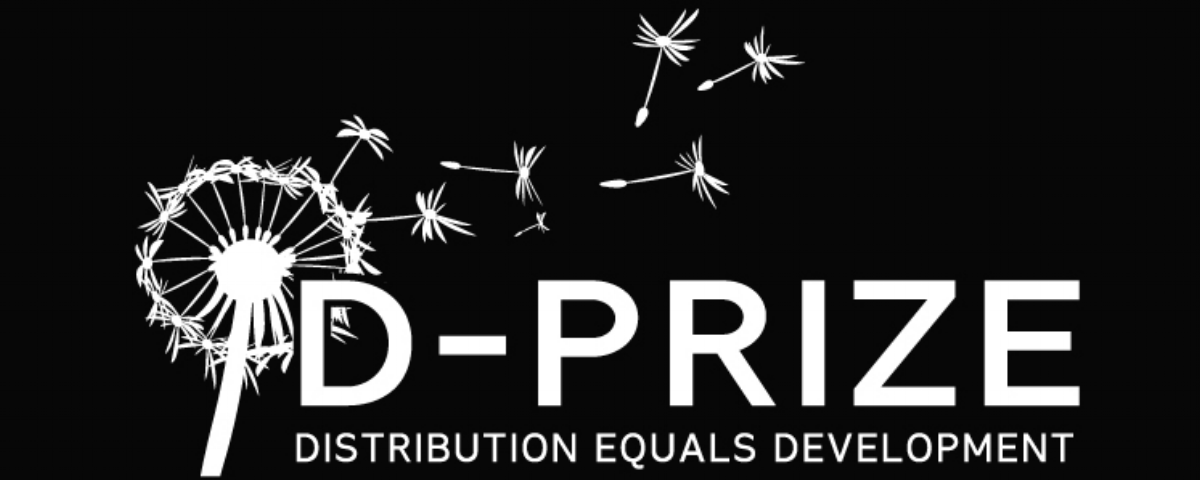PATIENT IDENTIFICATION CHALLENGE; KENYA
PROVEN INTERVENTION TO BE DISTRIBUTED
Technology that provides high-quality, affordable, and consistent treatment for patients in the form of an android-based system that tracks sales, manages inventory, and automates reordering of pharmaceuticals.
Learn more about the Patient Identification Challenge and why identifying individuals in need of treatment suffering from health conditions such as obstetric fistula, cervical cancer, clubfoot, and cataracts which can be corrected with cost-effective interventions, could save lives.
DISTRIBUTION MODEL INNOVATION
Maisha Meds improves distribution of pharmaceutical medication in Kenya by developing and implementing a technology platform that supports pharmacists (called chemists in Kenya), nurses, and other healthcare providers to manage their business and make better choices as they reorder medication. Supply of pharmaceutical drugs can be difficult in Kenya, as distance to suppliers and intermittent communication pose challenges for the distribution of medication. With an estimated 1/3 of medication in East Africa being sub-standard or counterfeit, uncertainty about quality of medication supply chain creates additional complexity for providers hoping to stock high-quality medication.
In the first year of operation, with funding from Stanford University, Maisha Meds built a team of strategists, technologists, and implementers focused on building systems for scale; and the team has conducted extensive market research on the technology needs of the health sector in East Africa. Using the information from this research, the team has developed an Android-based application and we have begun testing it in chemist shops. The system includes the following components:
Android-based system that tracks sales, manages inventory, and automates reordering to streamline supply chains and optimize business practices
Technology systems and random spot-checks to monitor and provide information on quality of medication throughout the supply chain
Maisha Meds intends to pilot the cost-recovery sales model that they will use at scale, as well as test and refine the quality-control component in partnership with 3-5 small scale distributors of medication in Kenya. This model will include a monthly subscription service to pay for the tablet, application, stand, data plan, and warranty, as well as ad sales integrated into the application to partially fund management and overhead cost for the organization. For more, please see this fact sheet.
PILOT AND SCALING GOALS
Sell or lease the android system to 20 providers during the pilot phase
Sell or lease the android system to 200 providers at the end of year 1
Work in partnership with 10 distributors by the end of year 1
Randomly test 5% of medication available by the end of year 2
Operate in 15,000 chemist shops and clinics as well as serve over 200 suppliers in five countries in five years
FOUNDING TEAM
Jessica Vernon - Team Lead
Benjamin Jenson - Business Development
Tammu Guo - Product Development
Nick Singer - Operations
Margaret Mumbi - Special Projects
Michael Jurka - Technology

